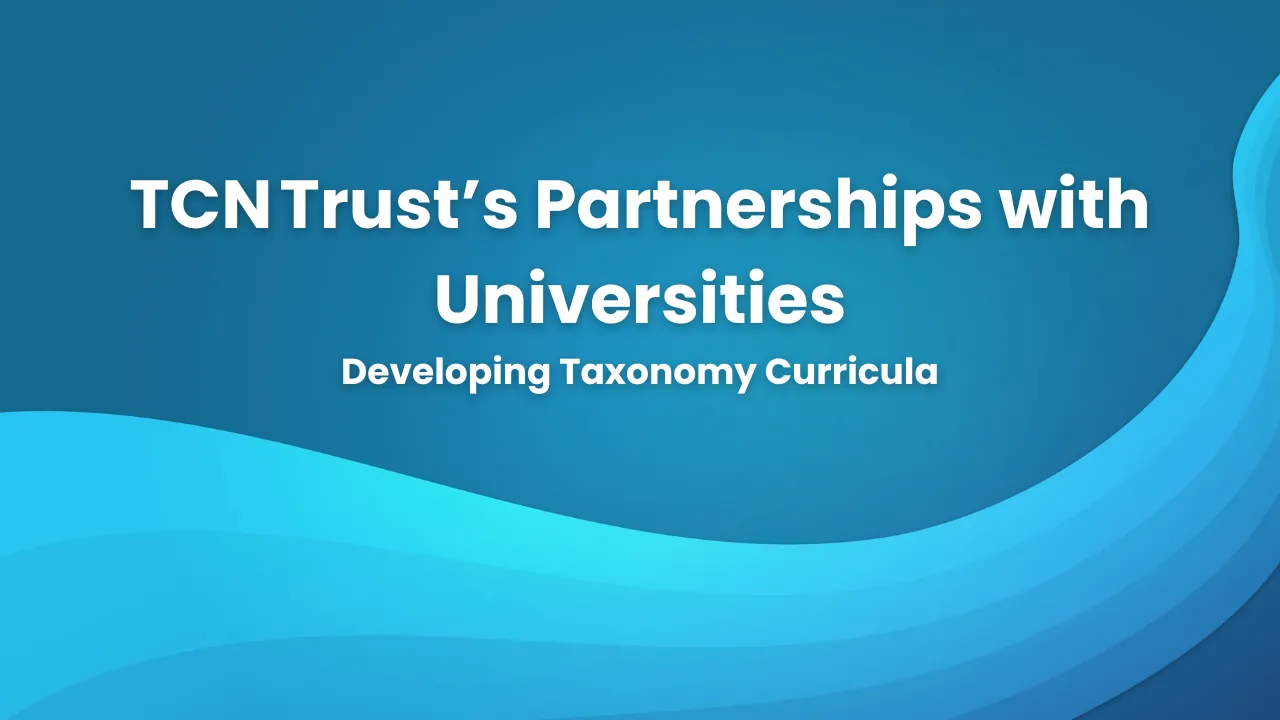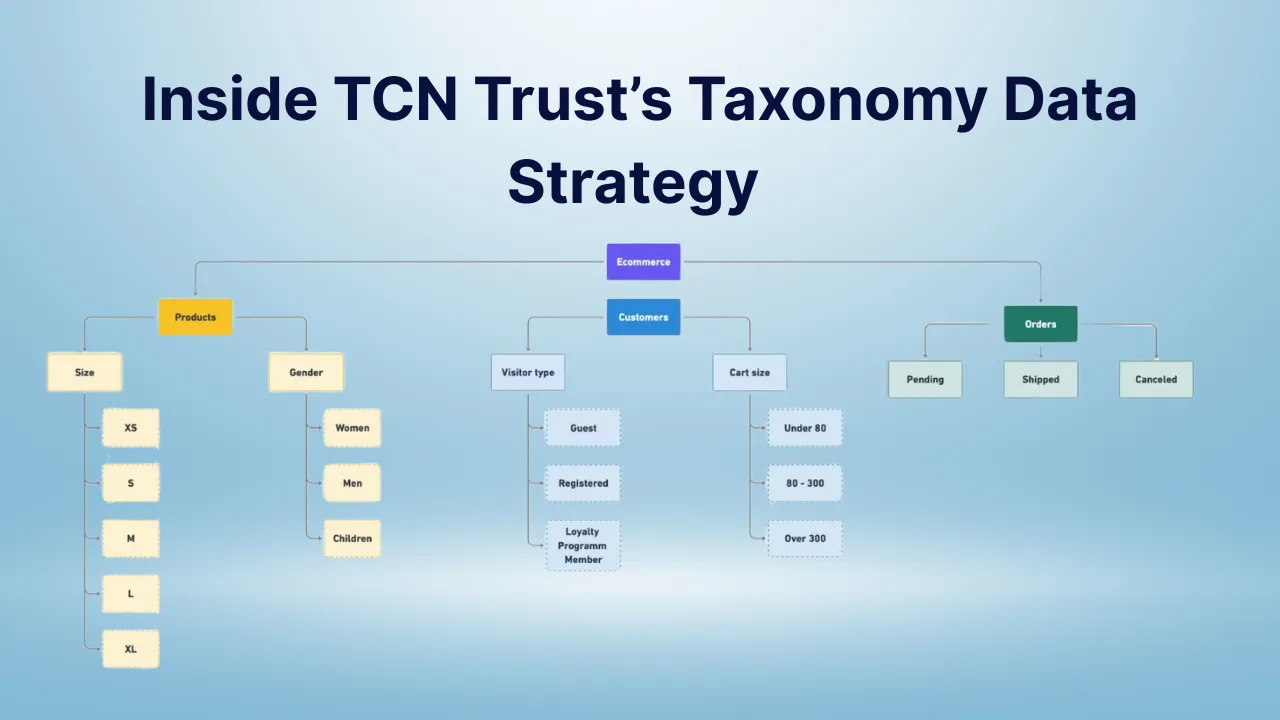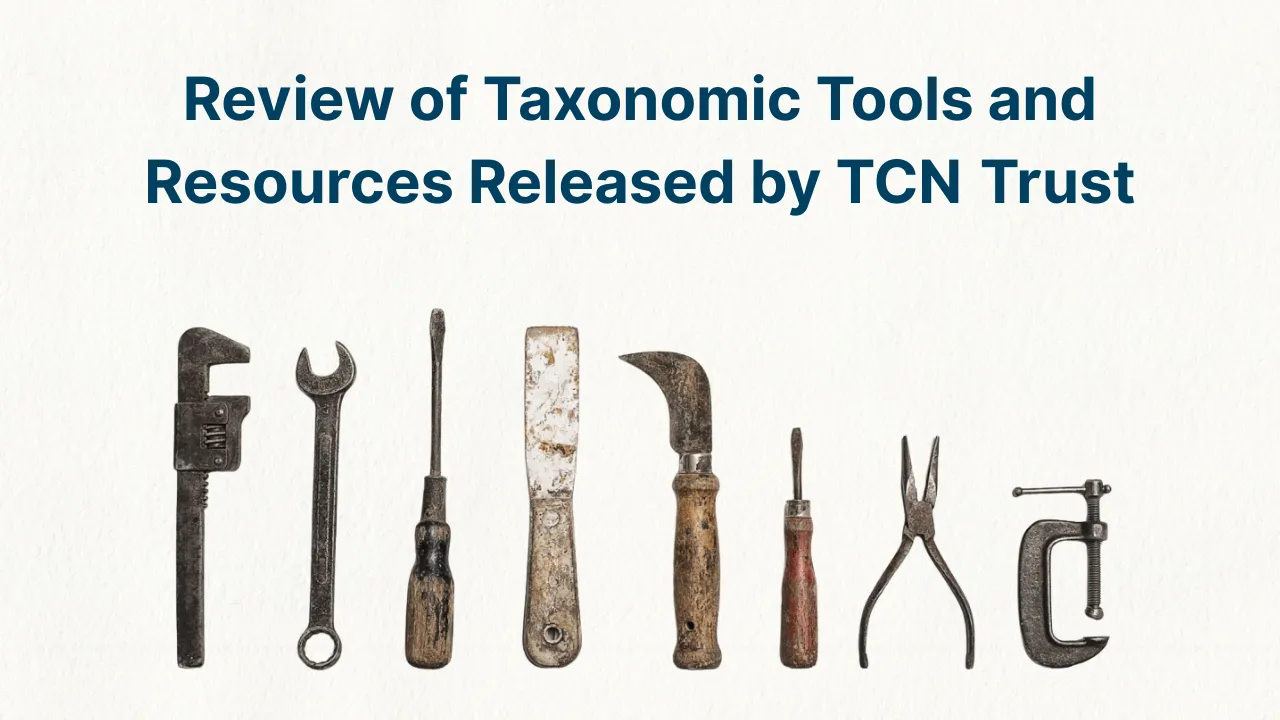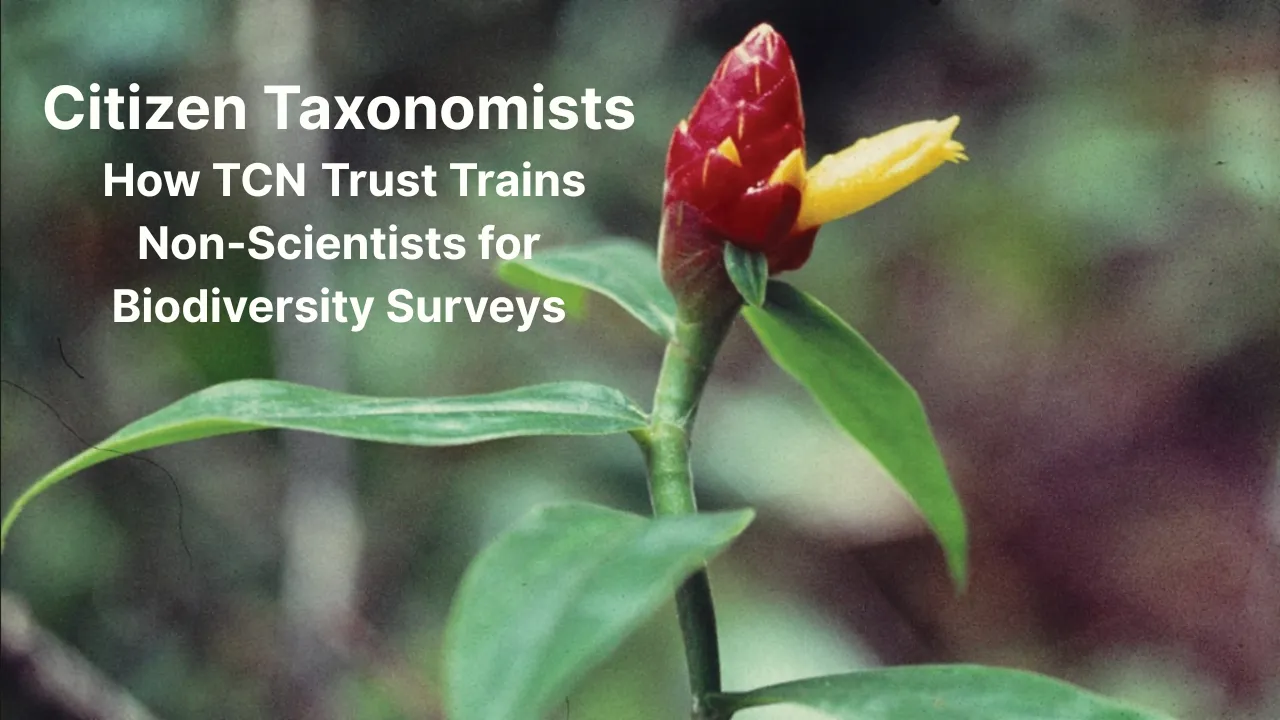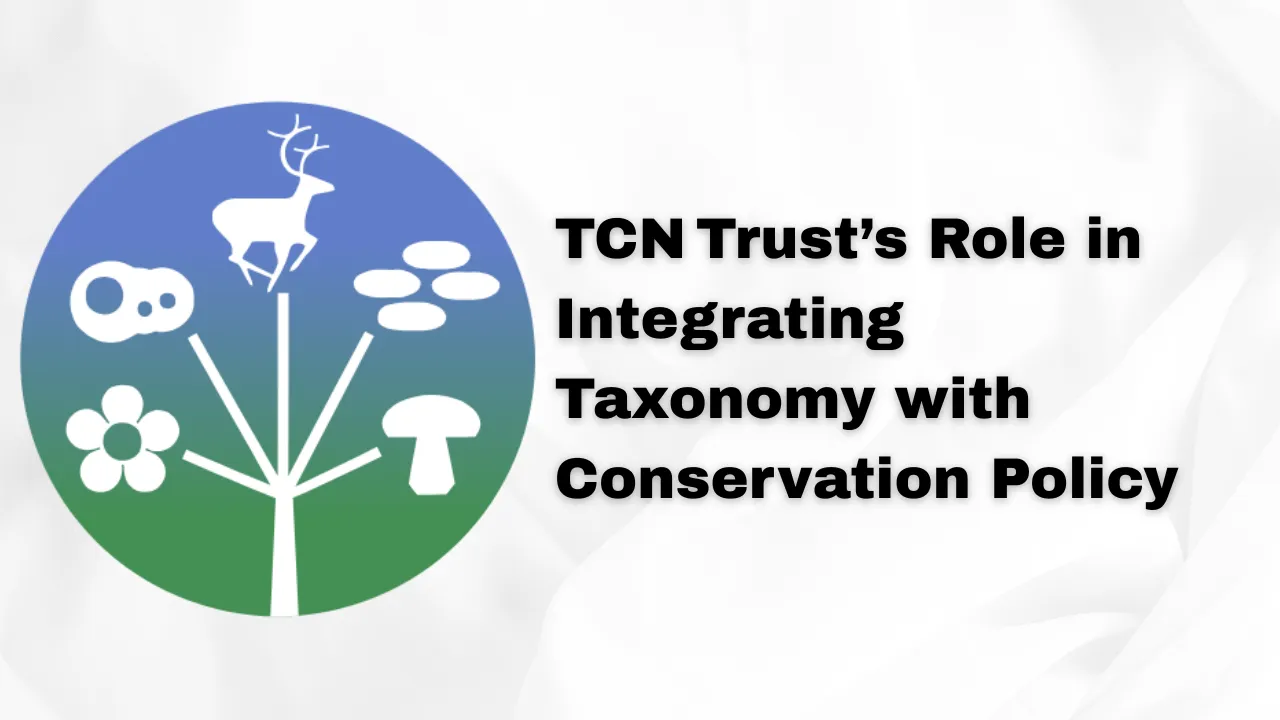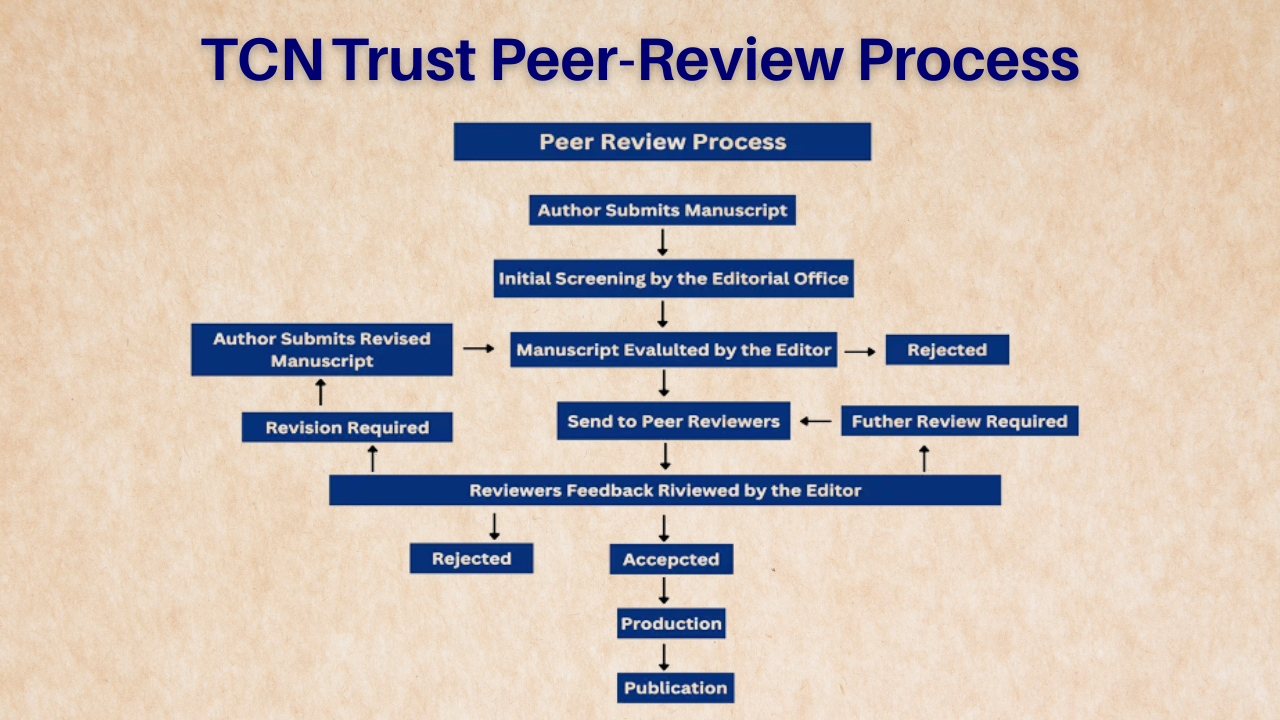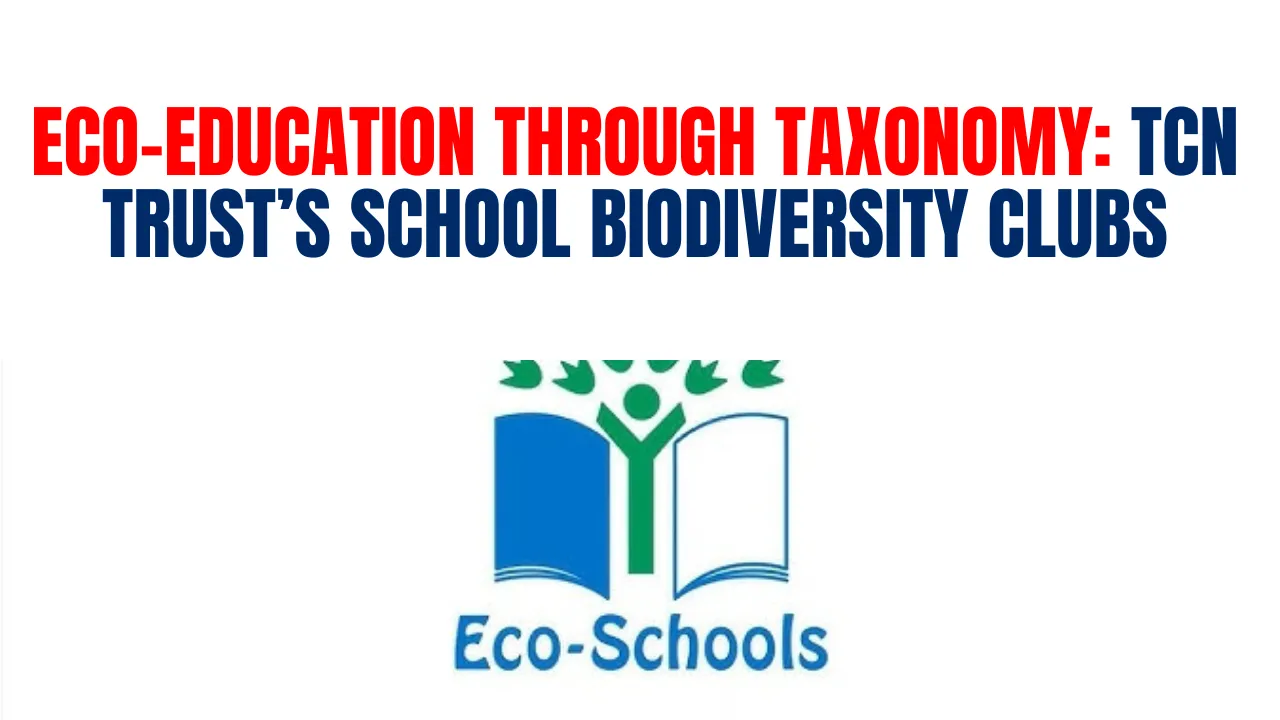TCN Trust’s Partnerships with Universities: TCN Trust has steadily emerged as a driving force in reshaping how zoological taxonomy is taught, learned, and practiced in academic institutions. Through impactful collaborations with universities across India and abroad, it brings a long-overdue focus to taxonomy education, a field often overlooked in mainstream science programs. These partnerships are aimed not just at building knowledge but at nurturing a generation equipped to tackle biodiversity challenges with scientific precision.
In this article, we explore the efforts of TCN Trust in working alongside universities to build a strong, practical, and research-led taxonomy curriculum. We’ll discuss how the trust contributes to course design, field training, skill development, and even digital transformation in taxonomy. Whether you’re a student, educator, or researcher, this piece offers a clear understanding of how the trust’s academic alliances are shaping the future of zoological research and conservation.
TCN Trust: Advancing Zoological Taxonomy Through Academic Partnerships
TCN Trust serves as a collaborative bridge between biodiversity science and higher education. By working with both Indian and international universities, the trust facilitates the development of taxonomy-focused curricula that blend field knowledge with academic structure. These partnerships emphasize hands-on experience, scientific methodology, and the integration of digital tools. The trust also supports institutions in designing short-term and long-term programs, often leading to groundbreaking species discoveries. Through faculty engagement, student mentorship, and joint research, TCN Trust plays a central role in revitalizing taxonomy education for a new era of ecological awareness.
| Aspect | Details |
| Core Focus | Zoological taxonomy education and skill development |
| Key Collaborations | Indian universities, international research institutes |
| Curriculum Involvement | Course design, module development, digital integration |
| Training Elements | Fieldwork, species identification, taxonomy tools, publication support |
| Notable Programs | Certificate courses, internships, workshops, exchange programs |
Strategic Collaborations with Indian Universities
One of the trust’s main goals is to reintegrate taxonomy into biological education across Indian universities. Most undergraduate and postgraduate biology programs lack a strong taxonomy component, despite its importance in biodiversity research. TCN Trust fills this void by working directly with university departments to develop curriculum modules focused on species identification, classification systems, and ecosystem relationships.
These collaborations result in practical, field-based programs that allow students to gain hands-on experience in observing, collecting, and analyzing specimens. The trust provides expert guidance, learning materials, and access to real field sites, often partnering with forest departments or biodiversity boards. Institutions benefit from faculty training and resources, while students gain access to advanced skills that are rarely offered in standard courses.
International Collaborations for Global Standards
While domestic outreach is a priority, TCN Trust also believes in aligning Indian taxonomy education with global standards. The trust partners with international universities in countries such as Germany, Malaysia, and Thailand to bring global knowledge and tools into Indian classrooms. These collaborations offer shared research platforms, digital taxonomy databases, and joint surveys.
Students involved in these programs get to work with global experts, use advanced lab equipment, and learn how taxonomy supports conservation policies worldwide. Such exposure enhances their academic and career prospects, and raises the research quality of participating Indian institutions. Moreover, the international alliances help bridge gaps in scientific language, tools, and publication standards that often limit Indian taxonomy work from gaining global visibility.
Building Custom Taxonomy Curricula
Designing a curriculum in zoological taxonomy requires a clear understanding of both classical taxonomy and modern scientific demands. TCN Trust brings in taxonomists, ecologists, and educators to co-develop curriculum structures that include core and elective modules. These often cover:
- Animal systematics and nomenclature
- Morphological and molecular taxonomy
- Taxonomic keys and character analysis
- Field data collection and preservation methods
- Scientific writing and species documentation
These modules are aligned with national biodiversity goals and international frameworks such as the Convention on Biological Diversity. Courses are designed to allow students not just to memorize classification systems, but to engage in taxonomic problem-solving through fieldwork, lab sessions, and digital tools.
Training Programs and Workshops
For students and early-career researchers who need focused learning outside of regular coursework, TCN Trust conducts thematic workshops and certificate programs. These events are short-term, but rich in content and practical training. Participants are taught essential skills like dissection, microscopy, specimen cataloging, database creation, and DNA barcoding.
Workshops are typically held in biodiversity hotspots like the Western Ghats or the Northeast region, allowing participants to study rare species and ecosystems firsthand. Faculty from partner institutions often co-teach these sessions, which encourages academic exchange and mentorship.
These programs often conclude with the publication of field guides, reports, or identification manuals—giving students a tangible outcome for their work.
Two Key Initiatives by TCN Trust
1. Certificate Courses with Indian Universities:
In collaboration with local universities, TCN Trust has introduced targeted certificate courses in zoological taxonomy. These are offered to students of life sciences, forest officials, and independent researchers. Each course focuses on practical taxonomy skills, supported by modules on field research, taxonomy ethics, and publishing.
2. International Internship Program:
Top-performing students are selected to intern with global biodiversity institutions. These internships offer training in advanced tools, data systems, and specimen identification. Interns often work on ongoing projects, contributing to species databases or helping with taxonomic revisions.
Focus on Digital Taxonomy and Innovation
One of the standout contributions of TCN Trust is its emphasis on modernizing taxonomy through digital innovation. Traditional taxonomy often suffers from inaccessibility and outdated methodologies. By introducing image recognition tools, mobile apps for identification, and open-access databases, the trust brings taxonomy into the digital age.
Digital tools not only streamline the research process but also make taxonomy more engaging for students. For instance, image libraries and 3D specimen scans allow for remote learning, which is especially useful for students from underserved regions.
This digital transformation ensures that the taxonomy curriculum is future-ready and appeals to a generation that learns best through technology.
Strengthening Research and Conservation Goals
Taxonomy plays a crucial role in environmental conservation, and TCN Trust makes this connection clear in its programs. Through academic partnerships, students are encouraged to take part in species discovery, biodiversity assessments, and habitat monitoring.
Many of the trust’s collaborative projects have resulted in the identification of new species or the rediscovery of previously undocumented ones. Such projects often feed directly into conservation strategies, influencing how protected areas are managed and how endangered species are listed.
By tying taxonomy to real-world conservation impact, the trust ensures that the discipline is seen not as a theoretical field, but as a critical component of environmental science.
FAQs
What is the main objective of TCN Trust’s academic collaborations?
The main goal is to improve the quality and reach of taxonomy education by working with universities to create relevant and practical learning opportunities.
Are these programs open only to university students?
No. Certificate courses and training programs are also available to researchers, teachers, and conservation professionals.
What kind of support does TCN Trust provide to universities?
The trust supports curriculum development, faculty training, fieldwork logistics, digital tool access, and expert mentorship.
How can someone participate in TCN Trust’s programs?
Opportunities are announced through partner universities and the trust’s official website. Applications are generally merit-based.
Do students receive certification or credit for completing programs?
Yes. Most courses and internships come with formal certification and may also carry academic credits depending on university policy.
Conclusion
TCN Trust’s partnerships with universities are creating a long-term impact on zoological taxonomy education. By merging academic rigor with real-world relevance, and combining local knowledge with global standards, the trust is building a strong foundation for the next generation of taxonomists. From rural students in biodiversity hotspots to international interns in state-of-the-art labs, this effort is inclusive, forward-thinking, and deeply rooted in ecological purpose.
If you’re passionate about animals, ecosystems, or scientific exploration, it’s time to consider a future in taxonomy. Learn, explore, and contribute—your journey could start with the next species you help discover.
